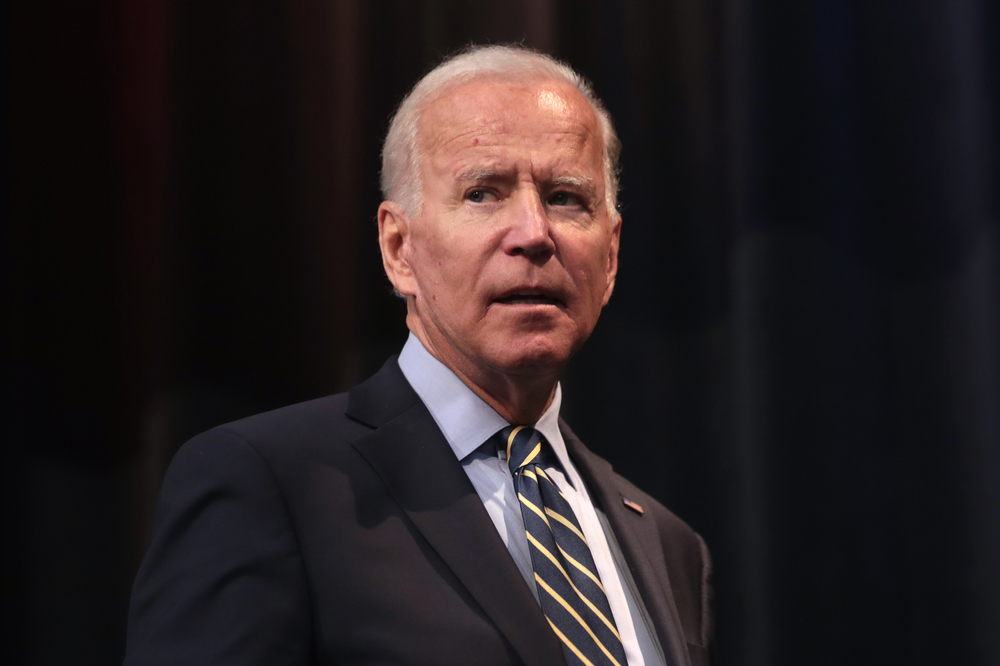|
|
The Trends Journal has been reporting extensively on President Biden’s attempt to counter China in the next decade.
Last week, in an article titled, “BIDEN BARS U.S. INVESTING IN 59 CHINESE FIRMS,” we pointed out that the administration put in place a ban on Americans from investing in 59 Chinese companies that have ties to Beijing’s defense and surveillance sectors.
Wang Wenbin, a spokesman for China’s Foreign Ministry, in response, called Washington’s actions an abuse of state power that “unscrupulously suppressed and restricted Chinese companies.”
Beijing retaliated by passing a new anti-foreign sanction law that aims to protect the country’s core interests while Western countries take a tougher economic stance, RT.com reported. The report pointed out that specific details about the bill have not been released to the public. The bill is thought to provide the government the legal ability to counter sanctions with their own measures.
Joerg Wuttke, the president of the European Union Chamber of Commerce in China, told The Wall Street Journal prior to the law’s passage that European companies inside China are concerned about the secrecy of the bill.
“Such Action is not conducive to attracting foreign investment or reassuring companies that increasingly feel that they would be used as sacrificial pawns in a game of political chess,” he said.
The paper said that the bill allows China to retaliate Western actions by imposing sanctions “beyond the specific individuals and entities” concerning the country. The Journal said the new bill will allow Beijing to target spouses and other family members of the individual or entity in question.
China blamed the U.S. for harboring a “paranoid delusion” and appealed to Washington to stop its Cold War approach. One official called the U.S. the “biggest threat to itself.”
TREND FORECAST: As we have reported, Joe Biden has tried to take a tough stance on China and has vowed not to allow Beijing to overtake the U.S. in the world’s power structure. Biden barred U.S. investors earlier this month from investing in these 59 companies out of concerns that these investments would finance a challenge to U.S. “security and democratic values.”
However, we forecast that as China’s economy grows, the West will become increasingly dependent on it for manufactured goods as well as profits from selling services there, such as wealth management and investment bank services.

